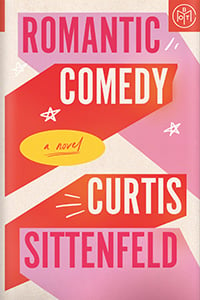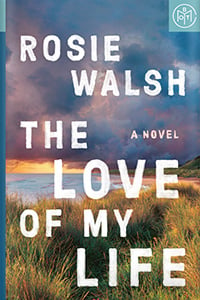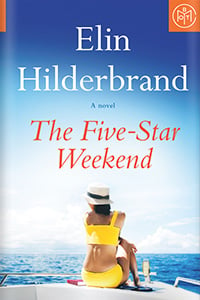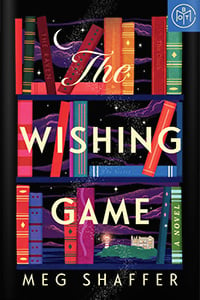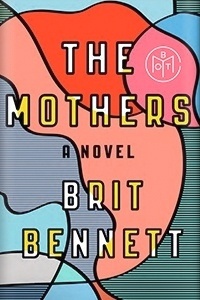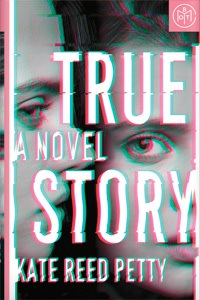

Contemporary fiction
What Does It Feel Like?
by Sophie Kinsella
Quick take
A successful novelist must grapple with massive memory loss post-surgery in this affecting autobiographical novella.
Good to know
Emotional
Heavy read
Inspirational
Under 200 pages
Synopsis
Eve is a successful novelist who wakes up one day in a hospital bed with no memory of how she got there. Her husband, never far from her side, explains that she has had an operation to remove the large, malignant tumor growing in her brain.
As Eve learns to walk, talk, and write again—and as she wrestles with her diagnosis, and how and when to explain it to her beloved children—she begins to recall what’s most important to her: long walks with her husband’s hand clasped firmly around her own, family game nights, and always buying that dress when she sees it.
Recounted in brief anecdotes, each one is an attempt to answer the type of impossible questions recognizable to anyone navigating the labyrinth of grief. This short, extraordinary novel is a celebration of life, shot through with warmth and humor—it will both break your heart and put it back together again.
Free sample
Get an early look from the first pages of What Does It Feel Like?
Why I love it
Brianna Goodman
BOTM Editorial Team
What Does It Feel Like? Early on in this warm and deeply personal story, Eve, a successful author and mother, wakes in a hospital surrounded by tubes and wires and nurses. She can’t recall how she got there; neither can she name the sitting prime minister. And so begins Eve’s journey with grade four glioblastoma, an aggressive cancer that will upend life as she knows it.
The challenges facing Eve are manifold. She must relearn how to walk. She discovers a distressing new incapacity to remember anyone’s name. Her husband and a team must help her with everything from remembering Christmas carol lyrics to making meals for her kids. But amidst these trials, Eve uncovers reserves of strength she never thought she had. And in doing so she just might learn what truly matters in this fleeting life we have.
How does one reckon with a sickness that’s generally terminal? How do we talk about death with our children? How do we talk about death with ourselves? These are a few of the mighty questions this slim, reflective volume—based on the author’s own experience with the same disease—seeks to tackle. In another writer’s hands, such a book might feel heavy, upsetting, intolerably sad. But Kinsella’s gentle wit and glimmers of wisdom transform this story into a work of valiant and uplifting beauty.



































